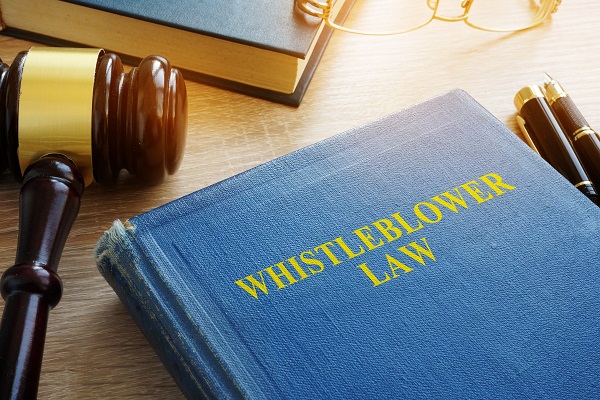By Alex Millman and Lindsay Carroll, NRA Legal
From 1 July 2019, the Treasury Laws Amendment (Enhancing Whistleblower Protections) Act 2018 came into effect.
A response in part to the Royal Commission into Misconduct in the Banking, Superannuation and Financial Services Industry, this Act amends several key items of legislation to allow greater protections for whistleblowers who come forward to report misconduct and malfeasance.
Protection for eligible whistleblowers
The amendments which will be of primary concern to NRA members are the amendments to the Corporations Act 2001.
With companies being prescribed as regulated entities, any officer or employee of a company who makes a disclosure to ASIC or another regulatory body is an eligible whistleblower protected under the Act.
What disclosures are protected?
A disclosure by an eligible whistleblower, such as an officer or employee of a company, qualifies for protection under the new provisions if they make a disclosure to ASIC, APRA or another prescribed authority, or to another “eligible recipient” such as a senior officer of the company.
Disclosure to a legal practitioner is also protected under the Act.
However, in order to be protected, the disclosure must relate to a reasonable suspicion that the information concerns misconduct or an improper state of affairs in relation to the regulated entity or a related body corporate.
This includes conduct of an officer or employee of the entity that is an offence against a law of the relevant regulatory legislation (in the case of a company, the Corporations Act 2001), or any other law of the Commonwealth punishable by imprisonment for 12 months or more.
Personal work grievances, however, are not protected under this legislation.
Public interest disclosures
If a person makes a protected disclosure, and after 90 days believes that no action has been taken they may, after giving written notice to the original recipient, disclose the same information to a Member of Parliament (either Federal or State) or to a journalist.
What protections are extended to whistleblowers?
First and foremost, the identify of a person who makes a protected disclosure must be kept confidential. There are however exceptions to this if the disclosure is made to a regulatory authority to allow for a proper investigation.
Secondly, a person who makes a protected disclosure and then suffers detrimental conduct in reprisal for that disclosure may seek a court order for compensation and an injunction against that conduct.
Such conduct is also now a criminal offence under the Corporations Act 2001, and the regulator may seek criminal remedies.
In order to allow whistleblowers the commercial freedom to pursue their own claims, the Act makes pursuing these claims a “no cost” jurisdiction unless the claim is made vexatiously.
Corporate governance requirements
In an effort to ensure that whistleblower protection is part of the governance of most businesses, the Act requires all public companies and large proprietary companies to have a whistleblower protection policy which deals with the content matter specified in the Act.
This includes information about:
- the protections afforded to whistleblowers under the Act;
- to whom within the business protected disclosures can be made;
- how the company will support whistleblowers;
- how disclosures will be investigated;
- how disclosing employees will be ensured fair treatment; and
- how officers and employees are made aware of the policy.
Companies have until 31 December 2019 to develop and implement such policies, as failure to have one is also an offence.
If you require any assistance to help navigate your way through this new legislation, please call the NRA’s Workplace Relations Hotline on 1800 738 245.

